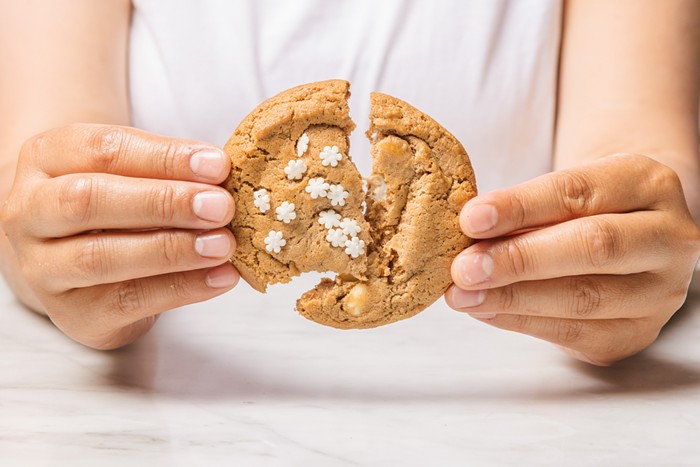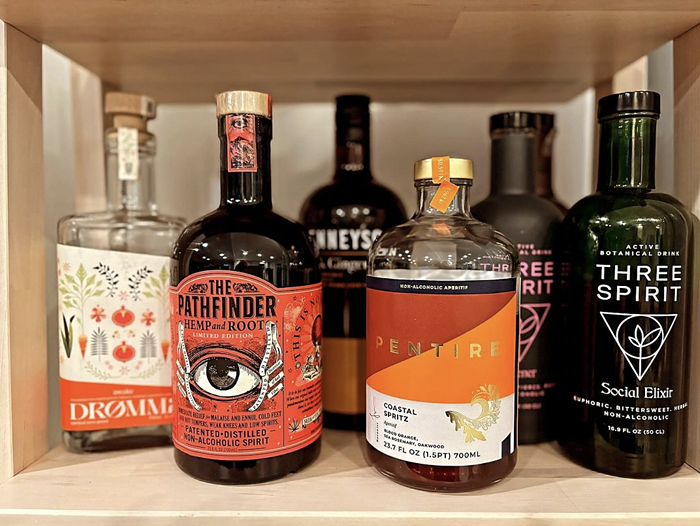
- Dmitry Kalinovsky/Shutterstock
- Cheaper meat, sicker people.
John Lynch is an infectious disease doctor and medical director of the Antimicrobial Stewardship Program at Harborview Medical Center. Scott Weissman is an antibiotic resistance researcher and medical director of the Antimicrobial Stewardship Program at Seattle Children’s Hospital.
We use a lot of antibiotics in human medicine. Licensed prescribers provide 3.3 million kilograms to patients in the United States every year. That’s a pretty big pile.
Now imagine four piles of that size lined up next to it, totaling 13.5 million kilograms of antibiotics. That’s what is given to the animals that we raise for food in the United States every year. The FDA estimates that more than 80 percent of those antibiotics are given to perfectly healthy livestock, to promote their growth and to allow them to be kept in unsanitary conditions.
As a result of these and other animal husbandry practices, we certainly have cheaper meat now than we did 70 years ago, around the time antibiotics entered mass production. The problem is, in hospitals and clinics all over the planet, we are starting to see bacteria that are resistant to the same antibiotics that human medicine relies on to save lives....
The antibiotics used in animal feed apply strong selective pressure on the normal bacteria of livestock. The susceptible bacteria are killed and antibiotic-resistant bacteria grow in their place. These resistant germs then enter the food chain and ultimately our homes and bodies, spreading resistant bacteria as well as the drug resistance genes they use to defeat antibiotics. These drug resistance genes can get into other, previously antibiotic-sensitive bacteria, making them antibiotic-resistant as well.
Historically we have depended on the introduction of new antibiotics, but the pharmaceutical industry has been slow to deliver us from this evolving threat. As a country, we need to return to the arduous and expensive work of drug discovery and development that had addressed, at least in part, this problem in the past.
As physicians, we have seen the impact of antibiotic resistance on the health of our patients, even here in the Pacific Northwest. Though Washington State remains fortunate to have seen only a scattered handful of cases of the “nightmare bacteria” described by the Center for Disease Control and Prevention, our West coast neighbor Los Angeles is the latest American city to have fallen to this rising plague. Throughout the country, the Centers for Disease Control and Prevention reports that at least 23,000 people die every year from antibiotic-resistant bacteria and over 2,000,000 become ill. This is a huge problem that is not going to get better on its own.
Given the concern for a link between antibiotic use in livestock and antibiotic resistant bacteria in humans, President Obama has urged that antibiotics only be used to treat livestock with infectious diseases, which is now the practice in the European Union. The Prevention of Antibiotics Resistance Act of 2013, which is currently languishing in a US Senate committee, would phase out the use of antibiotics in animal feed. Senator Maria Cantwell (D-Wash) is a co-sponsor. Senator Patty Murray (D-Wash), who sits on the HELP committee where the legislation resides, has the opportunity to do the same and be a real champion for public health.
But Seattle isn’t sitting and waiting around. On April 7th, the Seattle City Council will be vote on a resolution that calls on Senator Murray and other congressional leaders to co-sponsor and champion the Prevention of Antibiotics Resistance Act (PARA). This vote comes after more than 70 medical professionals, farms, local businesses, and organizations collectively called for meaningful action of the livestock industry’s antibiotic use.
Seattle is poised to be the first city in the Pacific Northwest to adopt such a resolution, following in the footsteps of Cleveland, OH, Providence, RI, and Pittsburgh, PA. Seattle has long been a leader on public health issues, and preserving our life-saving antibiotics is no exception.
Come out to the Seattle City Council vote this Monday, April 7th, at 2 p.m. at City Hall to lend your voice in support of antibiotic stewardship and public health. Let’s make Seattle a part of history, prioritizing the safety of our friends and family, by protecting the only effective antibiotics we have.


















